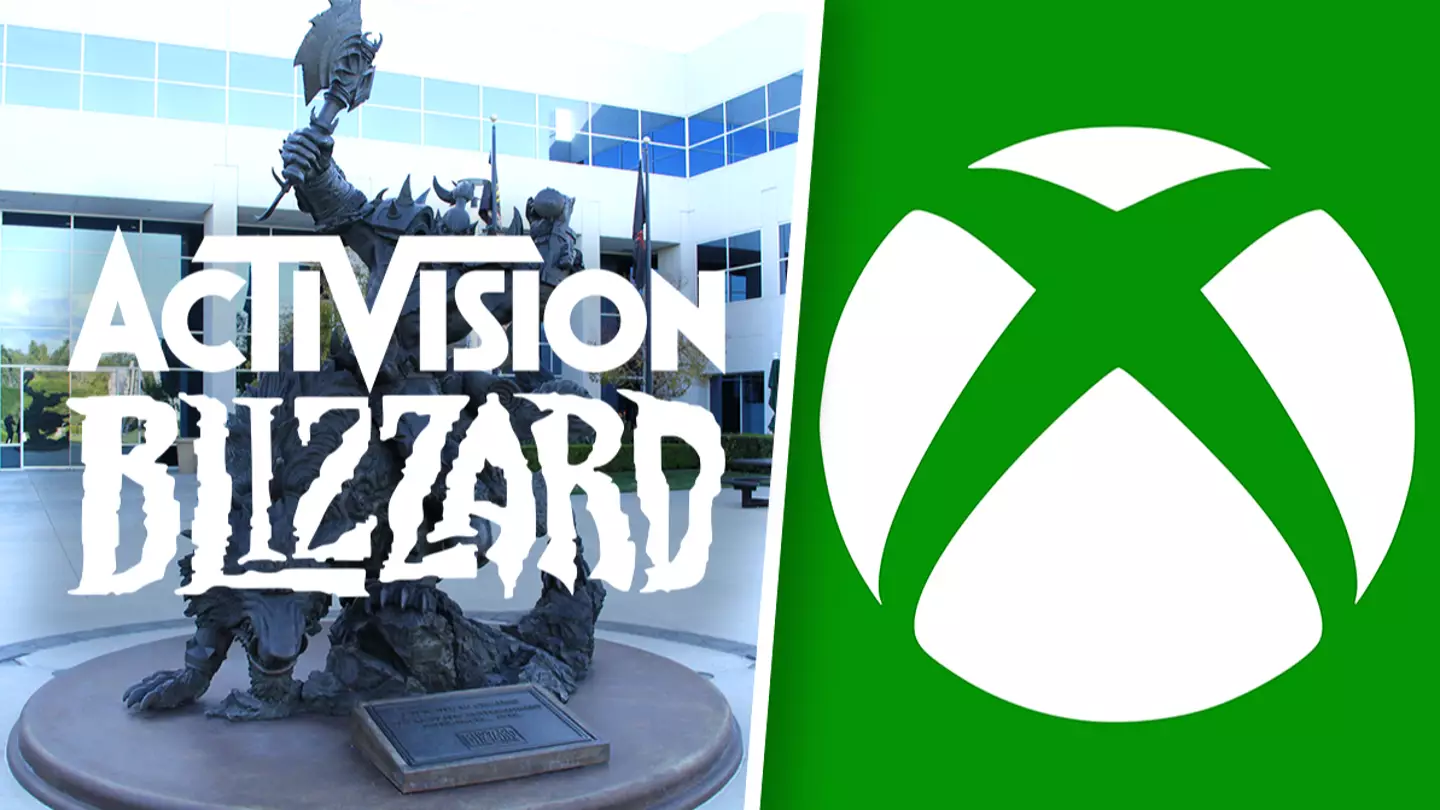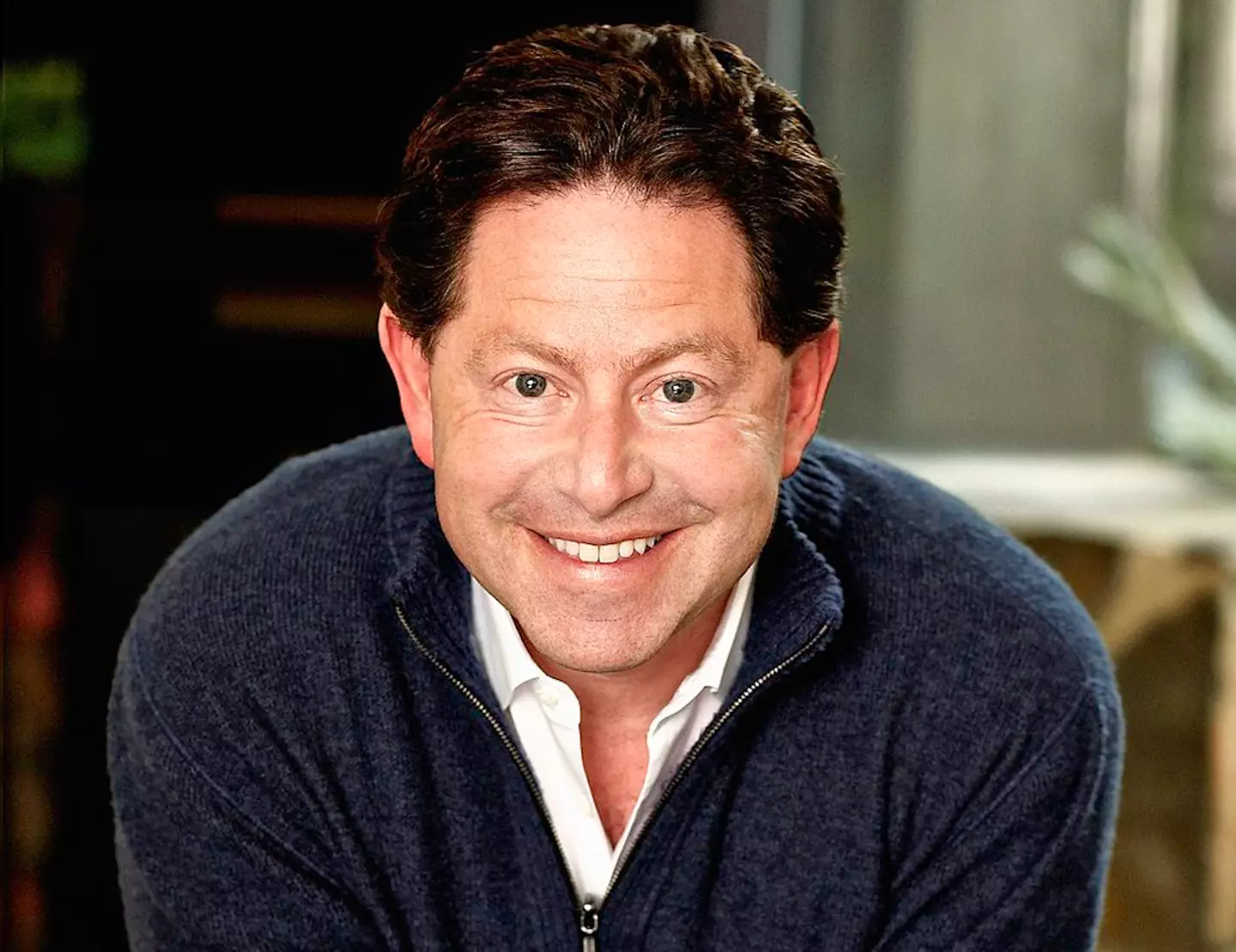
Content warning: the following article discusses topics that readers may find upsetting.
July 2021 marked the beginning of what was arguably one of the games industry’s biggest controversies - the start of the lawsuits against Activision Blizzard. After a two year long investigation by the California Department of Fair Employment and Housing, the state filed the first lawsuit on 20 July, based on allegations of the company fostering what was described as a “frat boy” culture. Misogyny heavily underlined many of the claims, with female employees reportedly being subjected to sexual harassment, unequal pay, and discrimination, at all levels of employment.
These allegations were massive. One female employee, who had been subject to obscene sexual harassment at work, took her own life during a work trip with a male supervisor, who had reportedly brought sexual items with him on the trip. Not only that, but it eventually surfaced that the CEO, Bobby Kotick, had been aware of the rape and sexual harassment allegations within the company years before they became public, and even once sent a death threat to one of his assistants.

As such, it’s understandable that many people at the time decided to boycott Activision games, so as not to support the company and the working environment that its employees had been subjected to. For many, this included not buying any new games, while others opted to completely stop playing any multiplayer games such as Overwatch and Call of Duty. One big-name example of this is Imane “Pokimane” Anys, who stopped publicly playing Activision Blizzard games when the first lawsuit broke last year, and since called on fellow streamers to keep up the boycott throughout December and into the new year.
Advert
“I think if you are a financially well-off streamer, you just f**kin’ shouldn’t,” she said at the time. “However, I do understand that some people may be in a situation where their income is heavily based around a Blizzard game. But I think in that case, they should still be extremely vocal about how they’re against this if they are still gonna play their game.”
So, when it was announced that Microsoft are set to acquire Activision by around June next year, beyond the initial shock and speculation of what this would mean for the various IPs and their potential Xbox exclusivity, the question on many people’s minds centered around what would happen to Activision’s controversial CEO, and the years of misogyny and poor working environments that the company had seemingly been built on. Would Microsoft’s takeover help put an end to the so-called frat boy culture, and if so, does this mean that the boycott can end?
Over on Twitter, reactions were mixed. Some, like Twitch streamer TaurusPlaysTV, were thrilled with the news, seeing this as a way of the company being able to grow and move past its turbulent history.
When the lawsuits first became public, the streamer was one of many who joined in with the boycotts: “As a content creator and someone with morals and values, I refused to continue to support Diablo and Overwatch. […] I felt that if I continued to play them, no matter if I streamed them or not, it was like me saying I am okay with what they did, and like I would be encouraging their disgusting and negligent behaviour, and I could never,” he said. “As much as I enjoy a game, if the company that made it is rooted in homophobia, misogyny, and/or racism and found out, I could no longer support it.”
Advert
However, in his opinion, it’s not as easy as just handing things over to Microsoft. He believes appropriate action needs to be taken before he could begin supporting the games again, and doesn’t want the company’s previous actions to be forgotten. “When the news broke, I wanted to cry with relief, and I am hoping we will see an exit from those that were involved with the original company, if not, I am afraid there is no redemption for me, for the victims,” he explained. “I hope Microsoft does the right thing. I wish they could just pull the license from them, but I know they have to get paid. If the original workers are released, I will consider playing [Overwatch] again but, I would likely never stream it again. Too much bad karma and negative feelings in general and I do not [want] my community to have to suffer from it.”
Others, however, were not so optimistic, including Twitter user YBlndr. He believed Activision was already flawed before the lawsuits became public, although they compounded his distaste for the company, and he doesn’t plan on returning to their games even if Bobby Kotick was to step down.
“Until something changes with how the games are developed I will not support Activision, I haven't bought any games published by them for about three years now. […] The biggest problem aside [from] the recently known sexual abuse scandals were Activision milking their franchises and ignoring feedback by the community,” he said. “The lawsuit really made me hate Activision, [on top of] the already overwhelming hate I have with how they treat their games and their customers.”
Advert
He isn’t sure whether there’s much that Microsoft could do to change his stance on the company, either: “Seeing them doing better than Sony, and [there] recently [being] no bad Microsoft news happening I'm guessing [things could] change, but I'm not sure how drastic it would be, and if the condition of the games being released would just be the same.”
As of now, it’s unknown how Microsoft could change things for Activision. When the acquisition was announced, an email from Xbox CEO Phil Spencer was shared publicly, which stated Microsoft’s intent to improve inclusion and respect amongst all employees. “Microsoft is committed to our journey for inclusion in every aspect of gaming, among both employees and players. We deeply value individual studio cultures. We also believe that creative success and autonomy go hand-in-hand with treating every person with dignity and respect,” he wrote. “We hold all teams, and all leaders, to this commitment. We’re looking forward to extending our culture of proactive inclusion to the great teams across Activision Blizzard.”
One major change that many people are hoping for is the resignation of Bobby Kotick. There were huge calls for him to leave when the lawsuits became public, and Microsoft’s buyout seemingly presents an ideal time for this to actually happen. While there’s been no official word on this, many believe that he will step down when the acquisition goes through, although he’s been very vague when it comes to confirming or denying that.
In an email sent to all employees, and shared on Activision’s website last month, Kotick said: “Transactions like these can take a long time to complete. Until we receive all the necessary regulatory approvals and other customary closing conditions are satisfied […], we will continue to operate completely autonomously. I will continue as our CEO with the same passion and enthusiasm I had when I began this amazing journey in 1991.”
Advert
Regardless of what happens to the company going forward, it shouldn’t be forgotten what many of its employees went through during their time working there, and the poor working conditions which were at the root of so many well-loved games. This isn’t just an issue of “cancel-culture” or simple controversy, these are real, highly sensitive issues, and should never be taken lightly - victims should be listened to, and perpetrators should always be held accountable.
Topics: Activision, Activision Blizzard, Microsoft, Xbox, no article matching
